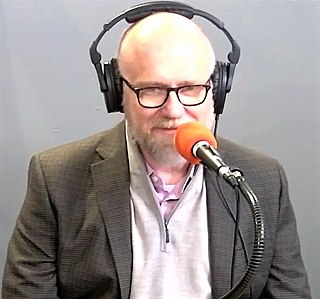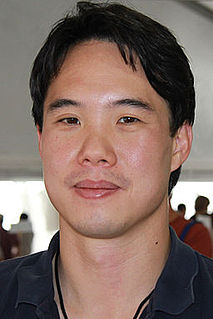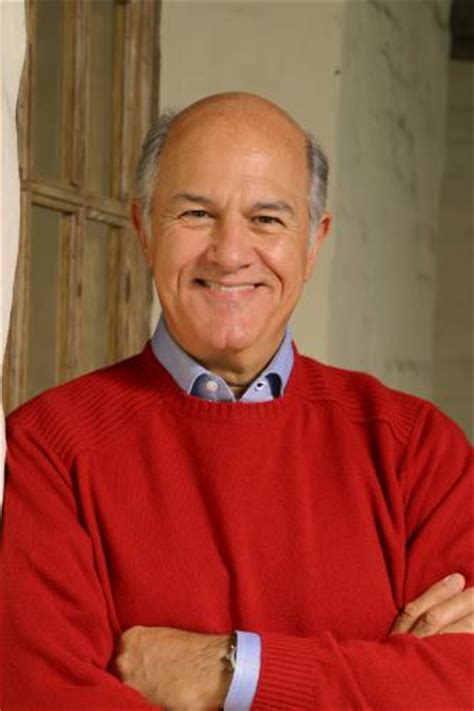A Quote by John P. Kotter
Producing major change in an organization is not just about signing up one charismatic leader. You need a group - a team - to be able to drive the change. One person, even a terrific charismatic leader, is never strong enough to make all this happen.
Related Quotes
It's about people rising up in Ferguson and in Egypt and in Occupy Wall Street and in every place where a community has had enough and decides to make change happen. It's not about praising one charismatic leader but celebrating thousands of them... 'Black Messiah' is not one man. It's a feeling that, collectively, we are all that leader.
In order to have a charismatic leader, you have to have a charismatic program. Because if you have a charismatic program, then if you can read you can lead. When the leader gets killed while you're reading from page 13 of your charismatic program, you can bury the man with honors, then continue the plan by reading from page 14. Let's keep on.
This is what I say: I've got good news and bad news. The good news is, you don't have to worry, you can't change the past. The bad news is, you don't have to worry, no matter how hard you try, you can't change the past. The universe just doesn't put up with that. We aren't important enough. No one is. Even in our own lives. We're not strong enough, willful enough, skilled enough in chronodiegetic manipulation to be able to just accidentally change the entire course of anything, even ourselves.
No leader can possibly have all the answers . . . .The actual solutions about how best to meet the challenges of the moment have to be made by the people closest to the action. . . .The leader has to find the way to empower those frontline people, to challenge them, to provide them with the resources they need, and then to hold them accountable. As they struggle with . . . this challenge, the leader becomes their coach, teacher, and facilitator. Change how you define leadership, and you change how you run a company.
I was born in Cuba. At the age of 14 years of age I was involved in a revolution. We were suffering from a very cruel, oppressive dictatorship, and the revolution started in the high schools and the universities. So when I was 14, I was involved in the revolution. I was in the revolution four years. During that time, a young, charismatic leader rose up in Cuba, talking about hope and change. His name was Fidel Castro.



































